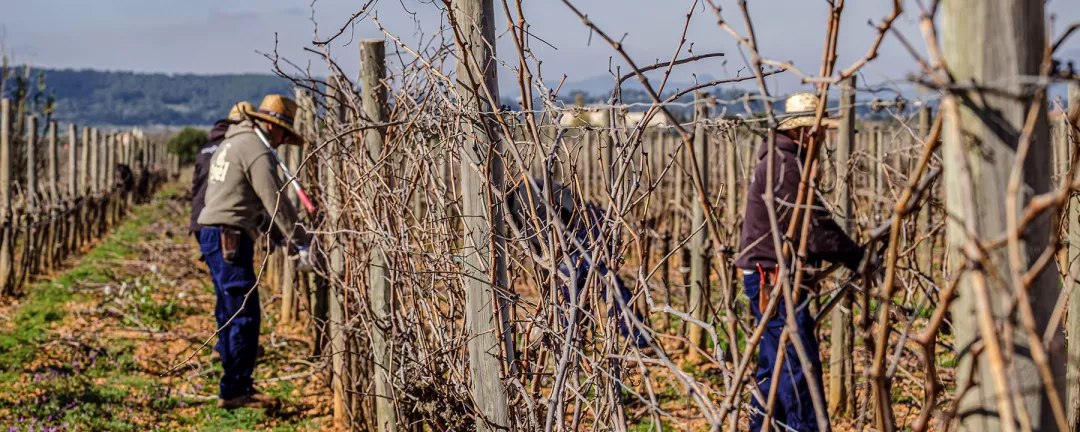Mid-term evaluation on the promotion of equal opportunities for women and men in the Balearic islands
The evaluation aims to integrate a previous report by updating the context data about women, identifying needs and challenges, and focusing on the actions taken to promote gender equality and how to integrate it into the design of the Rural Development Programme.
- Spain
- 2014-2022
- Socio-economic impacts


The evaluation covers the whole period of the 2014-2020 Rural Development Programme (RDP) of the Balearic Islands in Spain. It was commissioned by the Managing Authority and the Agricultural and Fisheries Guarantee Fund of the Balearic Islands (FOGAIBA), and published in 2022.
The second interim evaluation is the continuation of the assessment presented in October 2020 on 'Women in rural areas of Illes Balears. Impact of the RDP 2014-2020 on the promotion of equal opportunities between women and men in the Balearic territory'. It aims to: a) update the context data on the situation of women in the Balearic countryside, identifying the needs and challenges they face in the territory: b) analyse the measures taken to promote equality and the integration of a gender perspective in the design of the RDP and its monitoring and evaluation system; c) assess the impact of the actions carried out on the promotion of equality and non-discrimination; and d) present lessons learnt on equal opportunities to improve the focus and orientation of public policies.
The methodological approach includes the collection of information through secondary and primary sources (documentary analysis, a literature review and interviews).
The main data sources are the National Statistics Institute, the Observatory of the Work of the Balearic Islands, the Ministry of Inclusion, Social Security and Migration, and the Agricultural Census.
At the RDP level, the monitoring data extracted from the applications were used.
The main limitations faced during the evaluation are related to access to information. Therefore, the report emphasises the need to improve the data collection system, disaggregated by sex, to raise awareness of women's situation in the agricultural and agri-food industry sectors and allow for more detailed monitoring of regional, national and European policies in the territory.
The report justified the measures being taken to achieve equality. However, there are still great differences between the situations of men and women in rural areas, particularly in the agricultural sector.
The report underlined the conclusions of the Rural Equality Diagnosis (2022), according to which the tertiarisation of the rural economy and the importance of the services sector for the incorporation of women into the labour market are still ongoing. Nonetheless, public policies have made efforts to implement measures to reduce the differences between men and women in rural areas.
Data collected for the period 2020-2022 show an increase in employed women in the agricultural sector, from 0.23% in 2019 to 0.41% in 2022. In addition, women-owned holdings have increased in size since 2019, which is reflected in the profitability and viability of farms. To continue working for equality, empowerment and participation in decision-making, conciliation and co-responsibility in the assumption of family and domestic responsibilities should remain priority actions in the context of public policies.
The interviews with women beneficiaries of the Balearic Islands' RDP state that public support is necessary and incentivises the implementation of projects.
Selection criteria that allow positive discrimination and favour the inclusion of women in the agricultural sector have been included in the design of the RDP. In addition, women already incorporated in the sector can play a role in delivering further impact, as can the promotion of actions included in the region's 'Communication and Advertising Strategy of the Programme' and the work done by the Local Action Groups and the regional offices.
The detailed analysis of the investment measures shows very significant differences between women and men in each of the measures, both in the number of beneficiaries and in the volume of private investment or size of holdings. Although the relative weight of women has been growing since 2020, the differences between men and women remain in terms of the number of beneficiaries, volume of public expenditure executed and private investment.
Author(s)
Red2Red